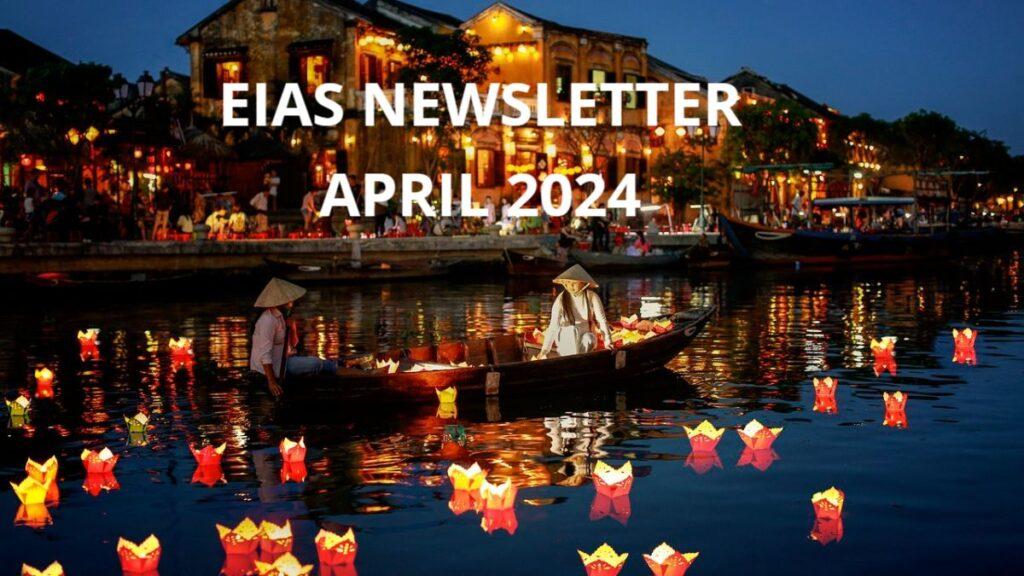
Clearing the Haze: Addressing South Asia’s Air Pollution Crisis
In the bustling cities of Lahore, New Delhi, and Dhaka, a common threat looms large, blurring the borders that separate these cities. Air pollution, a relentless adversary, knows no boundaries, permeating the skies and lungs of millions across the Indo-Gangetic Plain.





